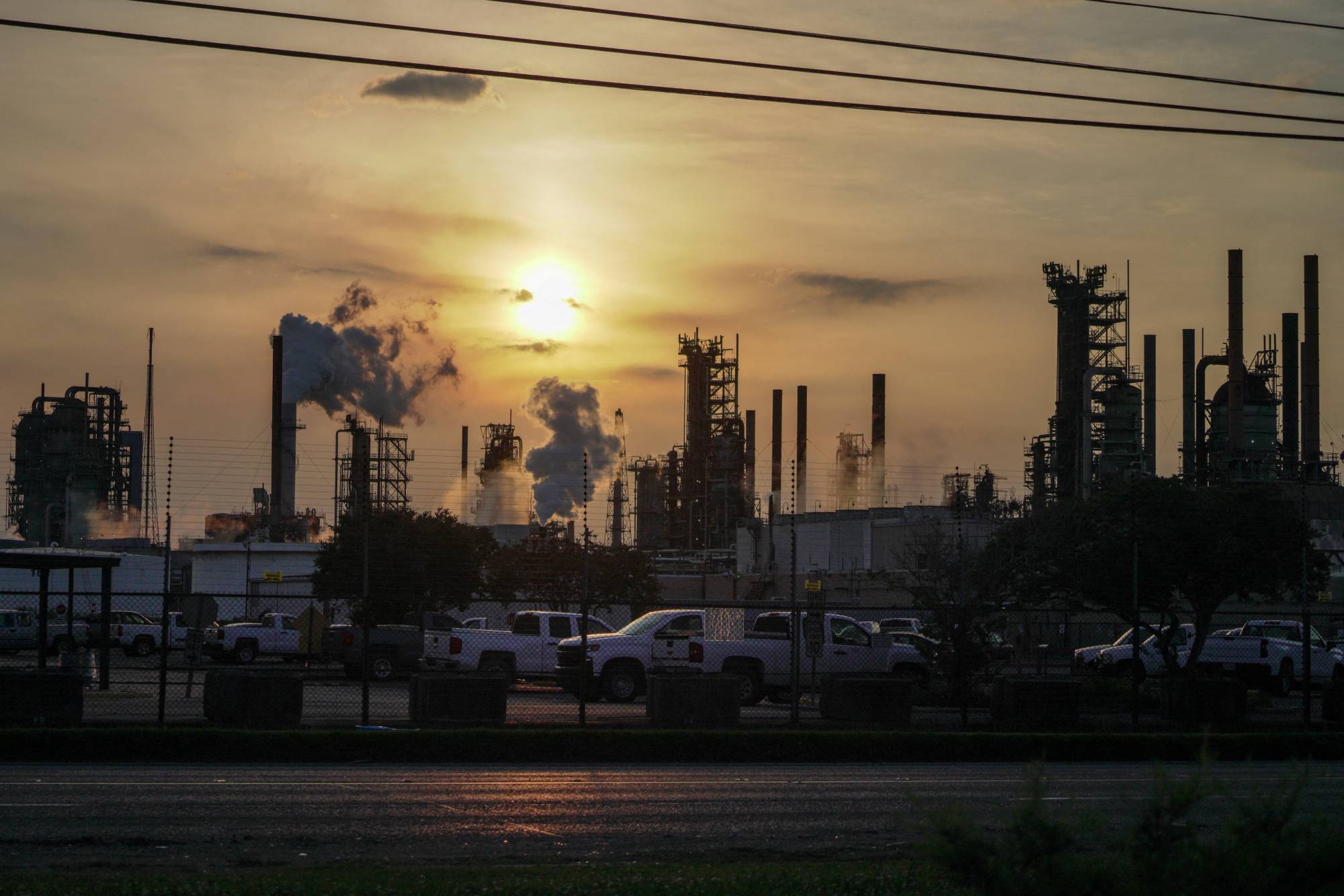A deadly form of soot pollution from U.S. refineries has gone unregulated for decades because of a dispute between the U.S. oil industry and federal environmental officials over how to measure it, according to documents from the Environmental Protection Agency (EPA).
The delay in addressing so-called condensable fine particulate matter emissions means this pollutant is being released by scores of facilities across the country unchecked, adding to a slew of other contaminants from oil refineries that researchers say take a disproportionately large toll on the health of poor and minority communities living nearby.
The absence of a federal standard has led at least one regional air quality regulator in California to attempt a crackdown on these emissions, an effort that has sparked litigation from oil refiners located there.



















With your current subscription plan you can comment on stories. However, before writing your first comment, please create a display name in the Profile section of your subscriber account page.